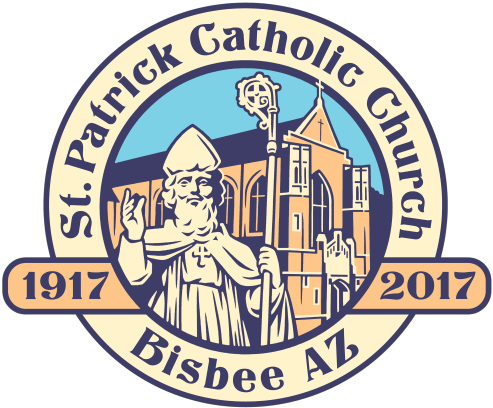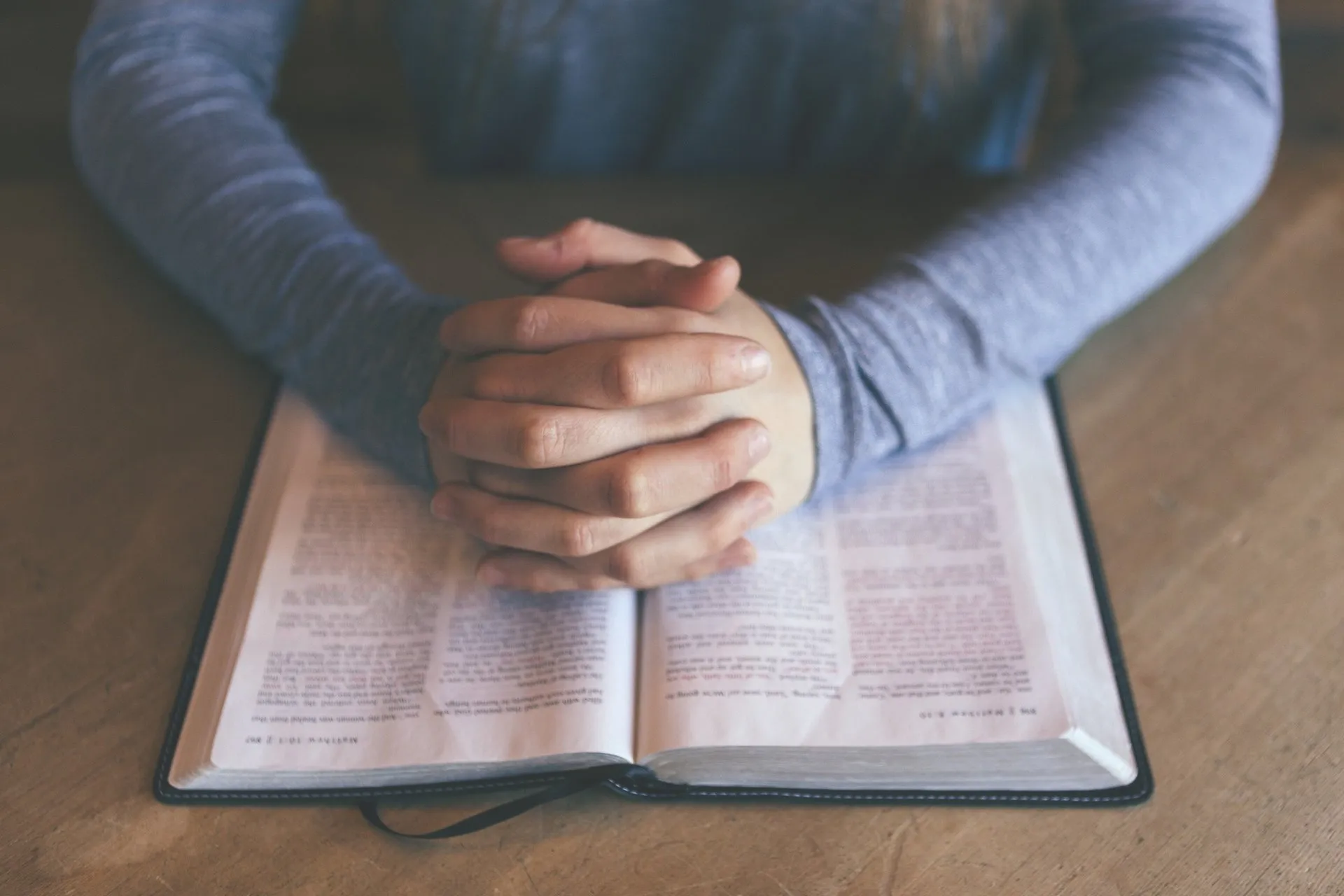Information about Receiving the Eucharist
If I’m a non-Catholic, can I receive the Eucharist during Mass?
No. Reception of holy Communion is a sign of unity – Catholics are united in belief, faith, worship and governance. We profess a common faith, celebrate seven sacraments, and recognize the structure of the church with the pope and his fellow bishops as our leaders and shepherds. If you are not Catholic, your faith differs in some ways from the Catholic faith. You do not worship in the same way and do not recognize the authority of the pope and bishops. If you received holy Communion it would violate the unity that the Eucharist creates.
If I’m Catholic and in attendance at a non-Catholic service, may I receive Communion?
No. One of the greatest stumbling blocks to Christian unity is the varying beliefs about holy Communion and the Eucharist. Only a validly ordained bishop or priest is able to preside at Mass and to confect the Eucharist, and consequently to bring about the real presence of Jesus Christ in the Eucharist.
When non-Catholics celebrate communion, they often say similar words that we hear at Mass. However, because a bishop or priest is not saying the words, the Real Presence of Jesus Christ does not result at their celebrations.
Non-Catholics have different beliefs about the Eucharist. Many of them do not believe in the real presence of Jesus Christ in the Eucharist. In addition, the celebration and the reception of holy Communion are supposed to be a manifestation of a common belief and unity in the faith.
There are still many differences between Catholics and other Christians. Until the day comes when we share all beliefs and a common faith, receiving communion at a non-Catholic service would create a false sense of unity in belief, faith and practice.
I’m divorced; can I still receive the sacraments?
Divorced Catholics are not "cutoff" from the Sacraments. Unfortunately, some people feel that if they or someone they care about is divorced, they cannot receive the Eucharist or participate fully in the life of the Church. This is false.
The only time this is a sacramental problem is when a divorced person remarries without having the first marriage annulled by the Church. In this case, the person is bound to the first marriage. Divorce and remarriage, without a prior annulment is a problem, but not divorce in and of itself. Of course if the person has obtained a decree of nullity (annulment) of their previous marriage, then they would be able to marry in the Church, provided the Church has imposed no sanctions.




